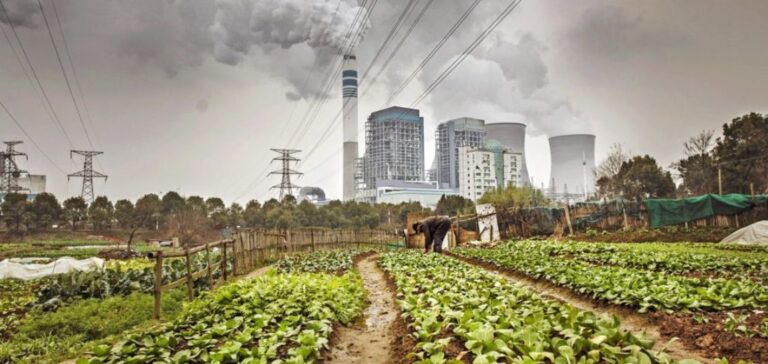China’s carbon market is breaking records. The reason for this is that companies are anticipating purchases of emission allowances to avoid the rush. Market participants report this rush prevention.
Rising prices in China’s carbon compliance market
The weighted average CEA price reached a record high of 70.10 yuan per mtCO2e ($9.73/mtCO2e) on August 17, according to data from the Shanghai Environment and Energy Exchange. The increase is 36.8% compared with July 2021. This is also 27.5% more than prices at the start of the year. Prices have thus reached a high level. On August 18, the weighted average CEA price reached a new high of 72.85 yuan per mtCO2e ($10.12/mtCO2e), according to official stock exchange data, exceeding the $10/mtCO2e mark for the first time. CEA’s daily trading volume was 1.48 million mtCO2e.
“The recent increases are mainly due to the compliance requirement that thermal generators settle their obligations by the end of 2023 for the 2021-2022 compliance cycle. The increased liquidity in the market could last until the end of this year,” said Caroline Zhu, senior analyst at S&P Global Commodity Insights.
She also pointed out that many power generators retain allocations with little incentive to sell, as these can be carried over to the next compliance cycle, and power generators expect free allocations to be further tightened.
Soaring carbon prices
Carbon prices rise after months of stagnation. Concerns relate to liquidity and free market forces in China. Questions arise about the effectiveness of emission reductions. China’s carbon compliance price has now surpassed the $10/mtCO2e threshold, much higher than prices on voluntary carbon markets, indicating that government and business are taking carbon pricing more seriously, and that companies are beginning to plan their carbon exposure more strategically, according to market participants.
Demand plays a key role
At launch, many inexperienced companies waited until the CEA deadline. They paid more. This is how the Chinese carbon market began. These companies have learned from this experience and chosen to act more quickly this year, traders said. Recently, the CEA Registry completed the issuance of CEAs to individual companies for this compliance period. This has helped boost liquidity and given companies clarity on CEA stocks, enabling them to formulate market strategies with greater confidence, analysts said.
“CEA prices in China rose by almost 6% during the week of August 7-11 compared with the previous week. This was largely driven by the compliance requirement of some participants, with the desire to accumulate assets at a relatively more attractive price before the compliance deadline,” said Bai Bo, president and co-founder of Singapore-based MetaVerse Green Exchange.
Supply constraints
Large utilities are reluctant to sell excess credit. Policy uncertainty limits the supply of CEA. China’s carbon prices are thus supported. Uncertainties surround the tightening of CEA supplies. Financial institutions could be authorized. Price volatility and voluminous trading raise questions. Another uncertainty concerns the planned restart of China’s voluntary carbon scheme, called the China Certified Emission Reduction scheme, later this year.






















